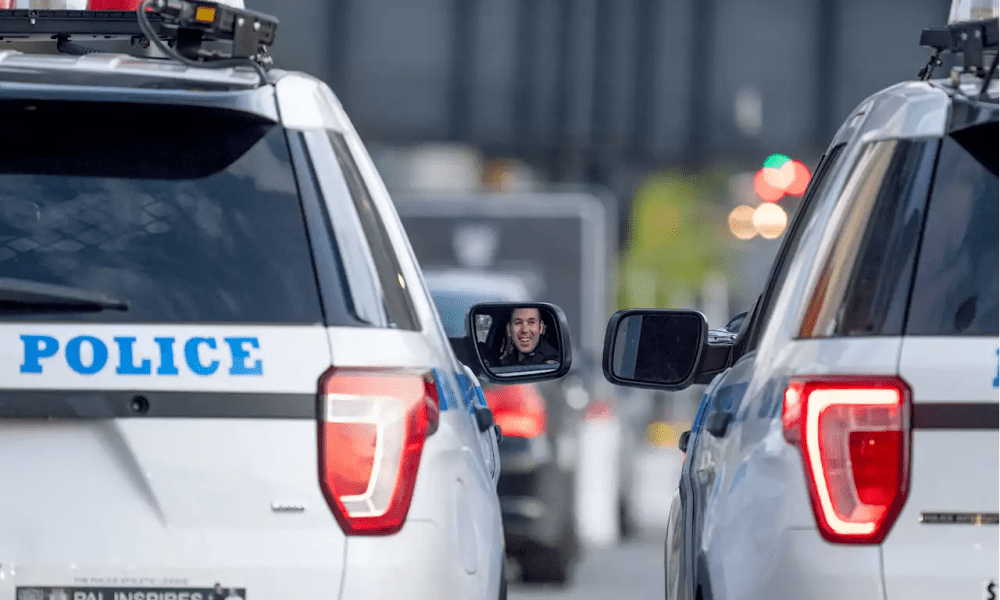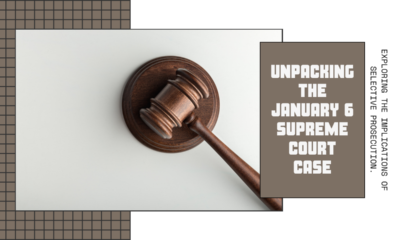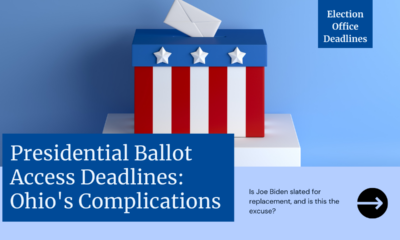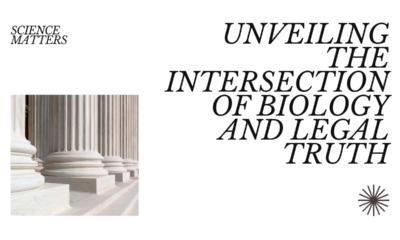Accountability
Philadelphia mayor signs bill banning police from stopping cars for low-level traffic violations

Philadelphia became the first major U.S. city to ban police officers from stopping cars for low-level driving violations after Democratic Mayor Jim Kenney signed two landmark bills into law this week.
The Philadelphia City Council voted 12-2 on October 14 to approve Councilmember Isaiah Thomas’ Driving Equality Bill, which seeks to end the traffic stops that promote discrimination while keeping those that promote public safety, according to a press release.
The legislation divides traffic offenses into two categories: “primary violations,” which pose a public safety threat and allows police to pull over a driver, and “secondary violations” that don’t meet the threshold for a legal traffic stop. A companion bill orders police officers to collect records on all traffic stops and release them to the public on a monthly basis.
Kenney’s office said the mayor signed both bills into law Wednesday, and plans to enforce it through an executive order that will be signed by November 3, according to The Hill.
Low-level “secondary” offences include registration plate and bumper issues, according to the Philadelphia Police Department. Once the bills go into effect, police will not be allowed to pull over drivers for such violations unless they commit an additional violation that poses a high-level risk to public safety.
“We believe this is a fair and balanced approach to addressing racial disparity without compromising public safety,” the department said in a statement. “This modified enforcement model for car stops furthers the Department’s priority of addressing the issue of racial disparity in the Department’s investigative stops and complements the Department’s efforts to address these same issues in pedestrian stops.”
Thomas introduced the bill with nine co-sponsors last October with the intention of addressing “the tension between police and community members by removing negative interactions.”
“We need to rethink police-community relations in a way that does not infringe on public safety. I believe that my Driving Equality Agenda does just that,” Thomas said in a statement. “A person of color’s first exchange with a police officer shouldn’t be during a discriminatory traffic stop.”
He added: “By working closely with the Philadelphia Police Department, we were able to identify traffic stops that do nothing to keep people safer and remove the negative interaction. I believe this Philadelphia legislation can set a precedent for other cities, not only through the policy itself but through the collaborative process.”
-

 Executive2 days ago
Executive2 days agoJanuary 6 case comes down to selective prosecution
-

 News2 days ago
News2 days agoRolling the Dice on Republicans: Has the Right Become Delusional?
-

 Civilization1 day ago
Civilization1 day agoPresident Biden Must Not Encourage Illegal Mass Migration From Haiti
-

 Executive1 day ago
Executive1 day agoWhy Fatal Police Shootings Aren’t Declining: Some Uncomfortable Facts
-

 Executive17 hours ago
Executive17 hours agoBiden ballot woes continue
-

 Guest Columns1 day ago
Guest Columns1 day agoWhat Was Won in No Labels’ Crusade
-

 Entertainment Today1 day ago
Entertainment Today1 day agoWaste of the Day: Throwback Thursday: Millions Went To Video Game ‘Research’
-

 Civilization2 days ago
Civilization2 days agoBiology, the Supreme Court, and truth

